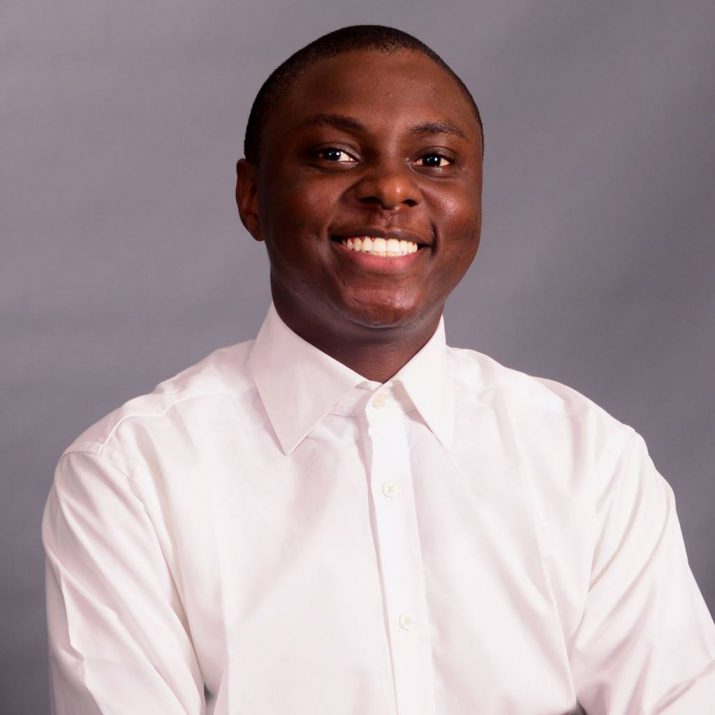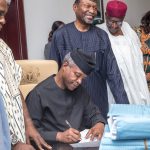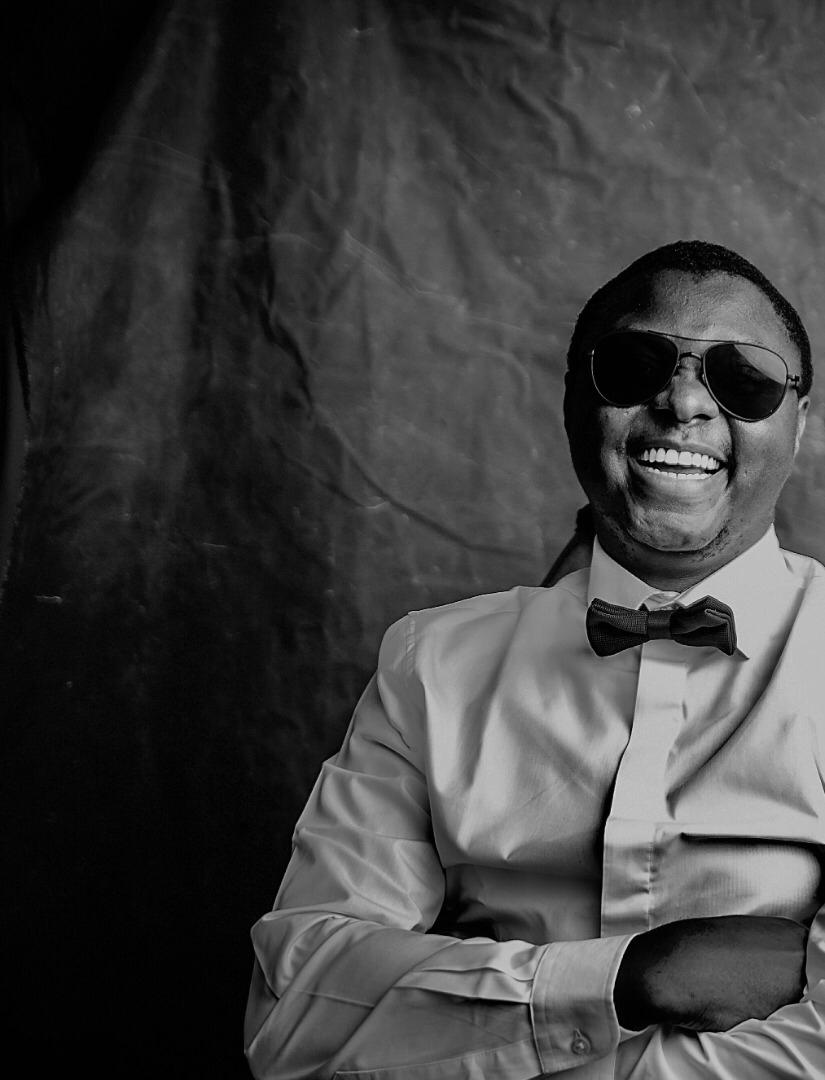WHAT RESPONSIBLE AND RESPONSIVE LEADERSHIP MEANS TO ME
By Johannes Tobi Wojuola, member Abuja Global Shapers Community (An Initiative of the World Economic Forum)
The Humanitarian crisis in North Eastern Nigeria is palpable. Seen and felt, from the lenses of photo-journalists, videos and stories shared mostly online. Those who have visited would tell you stories that would send your spines to shiver. Yet, only a few are worried.
The United Nations is not resting on it oars as it tries to galvanise global support for the rebuilding of the region and rehabilitation of its people; NGOs are drumming the awareness to the crisis while international agencies are rallying around to finding a solution too; the government is tied by the lack of adequate resources, yet it can be seen to be struggling where it’s might can reach. Nonetheless, there is little consciousness of the pending disaster unfolding in that region especially among the general citizenry –mostly among those from other parts of the country.
One of the few Nigerians who is taking the bull by the horn on this is Dr Alakija: she heads the Emergency Coordination Centre focused primarily on getting succor to the people of that region. With 1,000 people dying every day in Borno, and over 5.1 million people who must be fed – and food is in short supply – the crisis demands action.
Dr Alakija’s sleepless nights are not spent simply worrying to these mindboggling and shivering issues, but with ECC, she is combing the international and local arena to coordinate a quick and effective response to the crisis her team has spent the past few months identifying and researching on.
Responsible leadership is seeing a problem and taking charge to fix it. Responsive leadership is doing all that is appropriate to fixing. Dr Alakija’s efforts in providing sustainable solutions to the humanitarian crisis in North Eastern Nigeria exemplifies these.
The apathy towards the problems ravaging the Nigeria’s North Eastern region can be linked to the selfish divisions birthed by boxed appreciations of our ethnic, religious and tribal lines. A dog-eat-dog society is what we see. Each man fighting his battles with no understanding that the war is a collective effort.
Distrust is growing. And it has been fuel to these divisions. But it has a known root: injustice. See the growing militancy in the Niger Delta of the Southern parts of Nigeria for example; with decades of neglect, while the oil rich region’s resource has fed the nation fat, its lands have become ruined due to oil exploration activities, arable lands are in short supply, social infrastructures and basic amenities are rare, and mostly confined to the state capitals.
The succor the crisis of that region needs can only be found in a deliberate and conscious move of the country’s leaders – at all cadres – to deliver justice, equality and fairness to the people. An equitable distribution of resources that takes cognizance of the peculiar needs the people of that region are facing.
Injustice around the world has bred distrust, nepotism, nativism and tribalism. The very existence and increase in the number of groups pushing for the interests of marginalized people is the ostensible reality of this. Equitable distribution of resources is not necessarily giving 1 cake of 5 to each of 5 children. It goes beyond that: especially when all 5 children are not equals and are not as hungry as each other.
An equitable and inclusive society must be built with this consciousness.
Distribution of society’s resources must be done in all fairness to be able to bring divergent people together, to achieve common goals.
And society’s leaders must be at the forefront of this. It is unfortunate that most of our leaders – past and present – have mostly failed on this; selflessness has been distant from the values they have put forward.
The younger generation, birthed into a world that seems to be straying away from the hitherto ideal of globalization and folding into protectionism and nativism, must consciously avoid this. I am positive though. Millennials have shown one common attribute: they are global thinkers that would easily shove aside the X-generation’s protectionist, nativist and nepotistic proclivities.
The voting pattern shown in Britain’s Brexit is the evidence of this. But the pattern evinces more: that the younger generations are not taking charge of their political environment. Most are remaining complacent as divisive forces determine their futures.
We have the qualities for responsive and responsible leadership, but we can do better when we break out of our shells and take charge – beyond the theories of our beliefs – to own the institutions that frame society and the structures of governance. The world that we once knew is folding into camps of hostility and sequestering. The onus is on us: to build fading trust, to mend broken fences, and to push for unity by taking charge of the institutions that matter to birthing this.
As Bola Ahmed Tinubu, Nigeria’s political Machiavelli says: Power is not served a la carte; leadership is taken, not given.



What do you think?